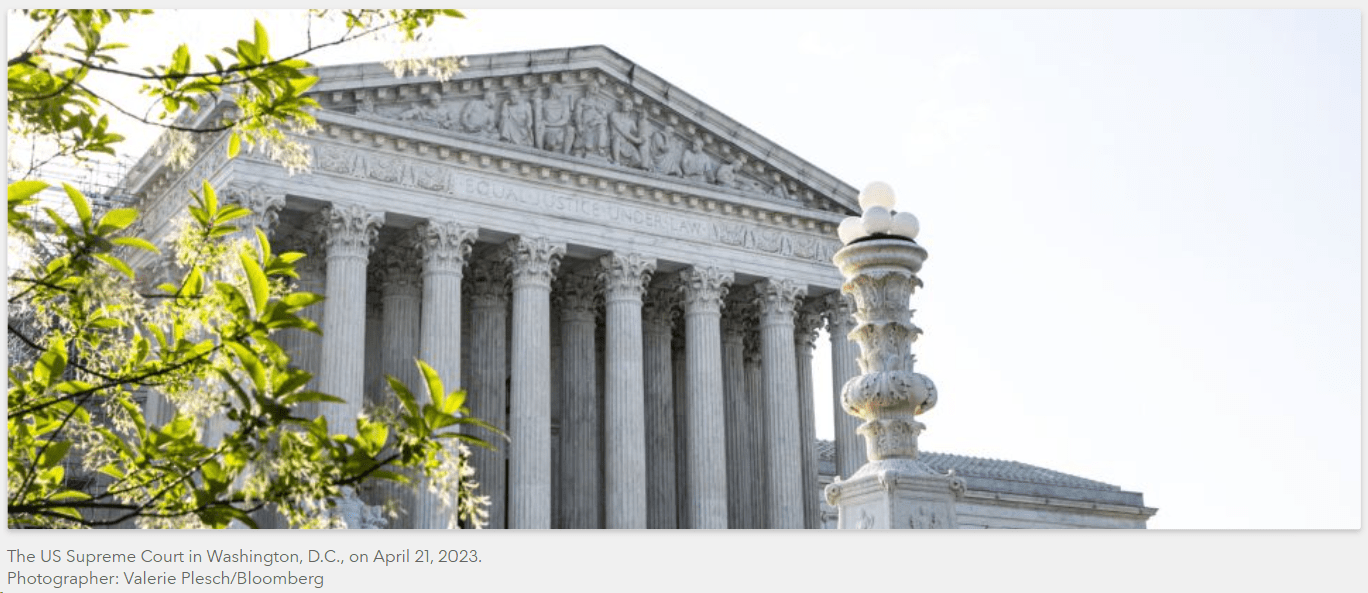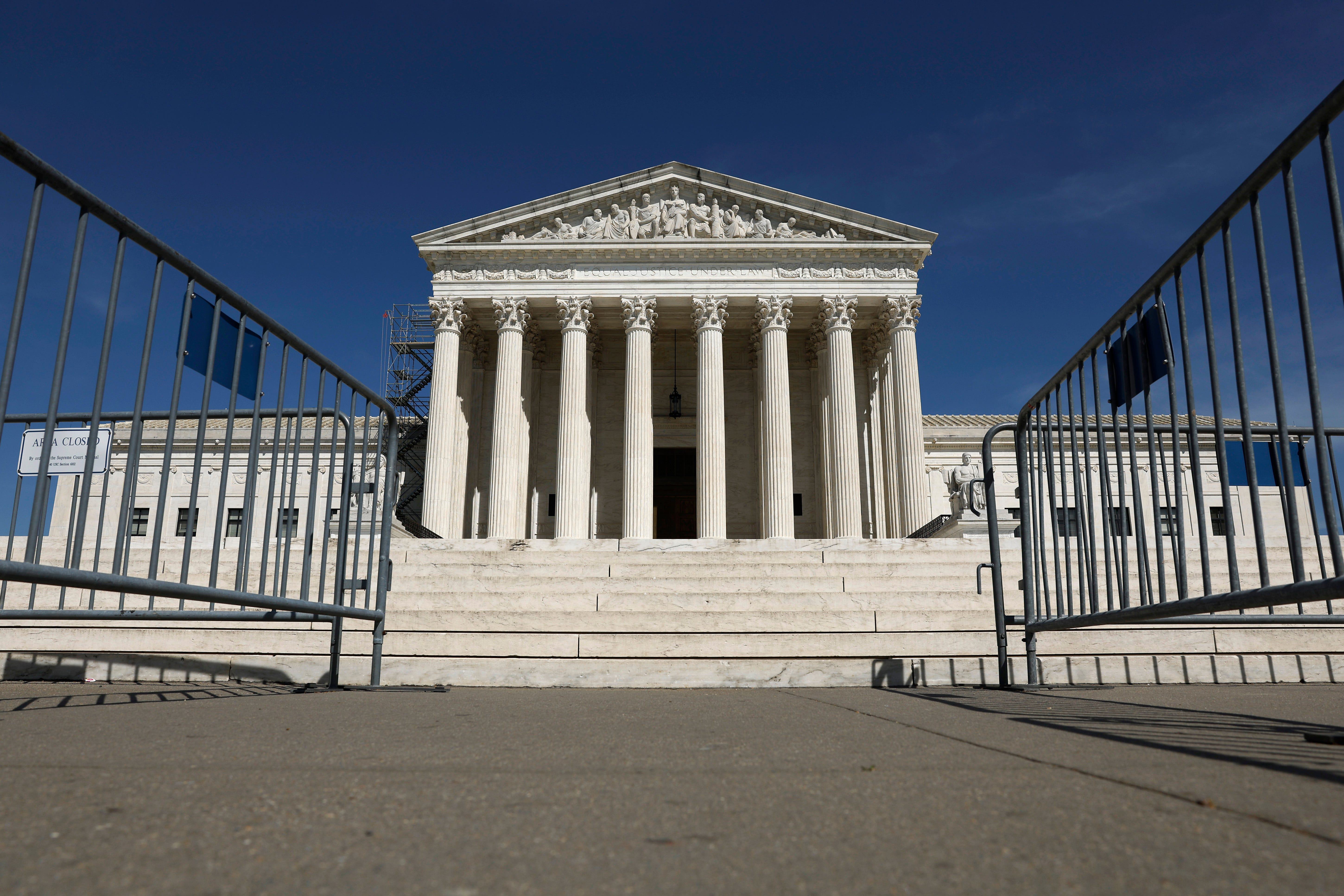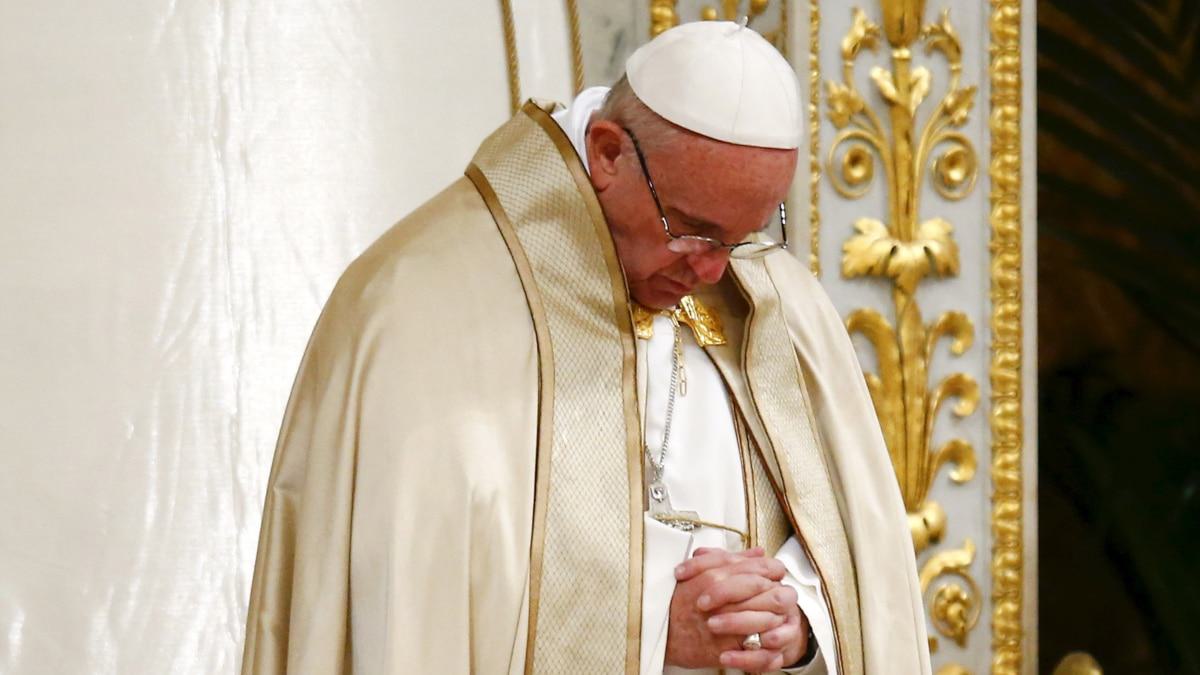Original Source:
This article was originally published on
https://news.bloomberglaw.com
Supreme Court Raises Bar in Religious Accommodation Test (2)
The US Supreme Court unanimously created a higher standard for employers to measure the burden a worker’s religious accommodation request would impose on its business.


Open
>



